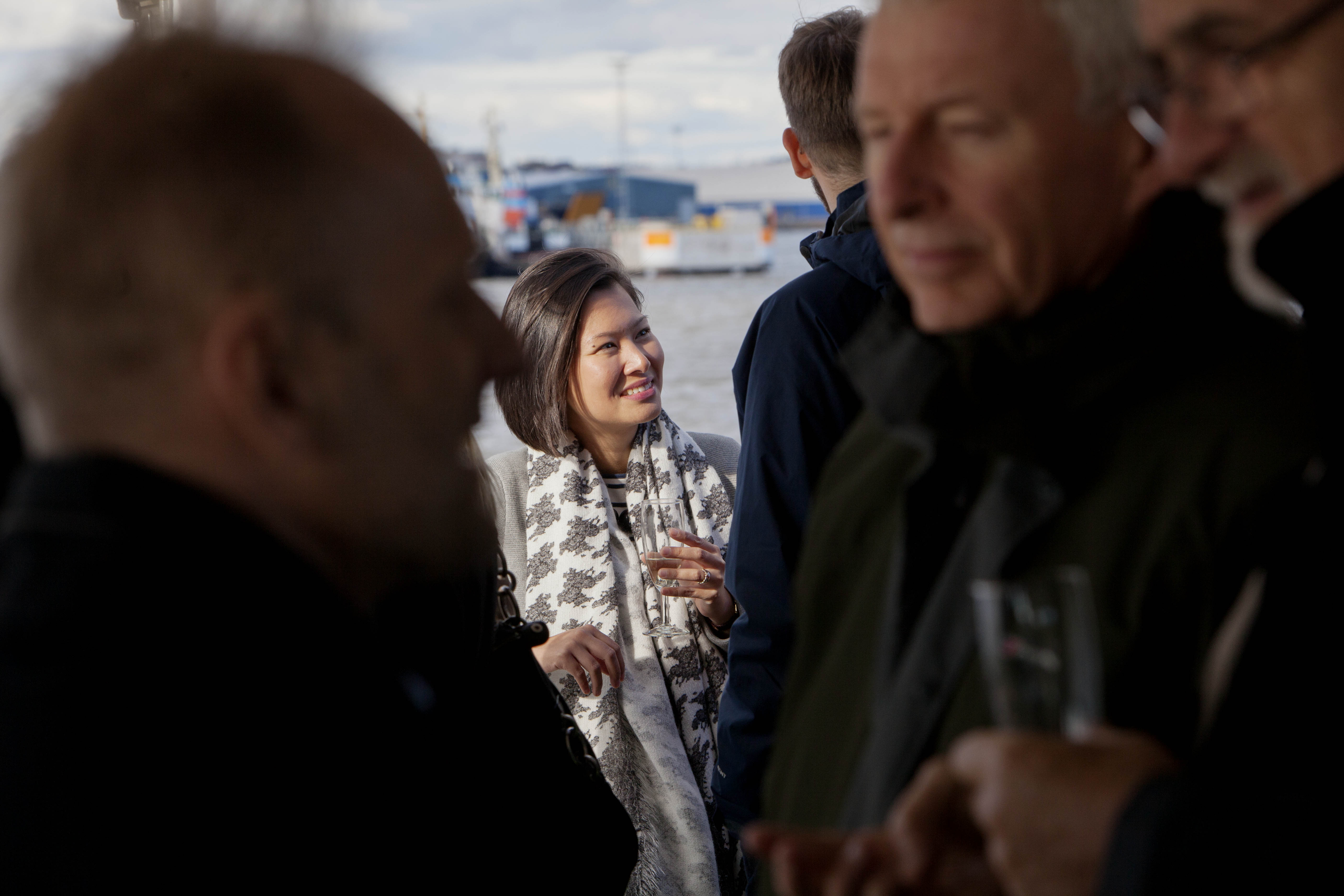Text: Maija Karjalainen
Dr. Nicole Curato works as a Discovery Early Career Research Award Fellow in the Centre for Deliberative Democracy & Global Governance in the University of Canberra, Australia. Her work locates in the literature on deliberative democracy and her special interest is on deliberation in crisis situations. She defended her PhD in the University of Birmingham in 2007. We met with Nicole at a conference ‘Democracy: A Citizen Perspective’ in Åbo Akademi University, May 27-28, where she presented her work.
What kind of research do you do in terms of democratic innovations?
– I’ve always been interested in the role of deliberation in crisis situations. This is when we don’t usually expect deliberation to happen, because the responsibility is often given to experts and other authorities. Crisis moments and decisions made then lay, however, significant basis future decisions and therefore are in great need for legitimacy.
The most recent of Curato’s research projects concerns the role of deliberation in post-conflict contexts, and the situation after the 2013 typhoon Haiyan in the Philippines, in particular. Applying an ethnographic approach she studies, how the post-disaster reconstruction processes in the cities hit by Haiyan fulfil democratic and deliberative criteria, and develops a framework for evaluating the democratic quality of similar recovery processes. By attending community meetings, protests and other formal and informal participatory processes and interviewing affected populations she analyses whether democratic innovations can benefit recovery processes, and how.
Curato’s other work (together with Simon Niemeyer and Andre Bächtiger) deals with the deliberative-democratic capacity of nation-states with the aim to conceptualize and operationalize an index for comparing democracies in today’s world.
– I am also planning to do research on crowdsourcing legislation in Finland, which has inspired me recently. We usually think that citizens just monitor legislators, so it is very rare that citizens can actually craft policies in a collaborative and digitally-enabled manner.
What kind of democratic innovations are there in your regions of expertise?
Australia, where Curato is based, is experiencing similar deficits as other liberal democracies.
– People have the impression that democracy is in crisis. There is lack of political trust, disenchantment, and cheap political point-scoring. Democracy has a bad reputation, because we tend to narrowly equate it to electoral processes.
Australia has, however, gained quite a lot of experience in organizing deliberative citizens’ assemblies, citizen panels and citizen juries. The first Australian Citizens’ Parliament in 2009 was a randomly selected panel of 150 citizens who developed proposals on how the government could better serve its people.
– Also in Sydney, there was a citizens’ assembly on climate change adaptation, and the cities of Melbourne and Perth are actively integrating deliberative panels in their city planning in the coming years.
The Philippines, on the other hand, is a classic example of how the promise of democracy is so unevenly spread. There are no political parties and the power structure is very dynastic, meaning that representatives are selected based on their family names and along kinship lines. In terms of economy, it is also a very unequal society in the Asian context.
– There have, however, been pioneering democratic practices at the local level, because since the 80s the Constitution has enshrined that NGO participation is vital in all areas of governance. The challenge is to link these grassroots initiatives and impulses to democratization at the national level to deliver democracy’s promise of justice and redistribution.
What is innovative in Finnish democracy?
– The Open Ministry platform and attempts to crowd-source legislation is definitely one example of an innovative practice. I also think that in Finland, there is a strong creative class who are willing to experiment and push the boundaries of politics. These people are not the same old, textbook-type activists nor come from political parties, and they apply performances, music, and other forms of soft influence in order to achieve political goals.

